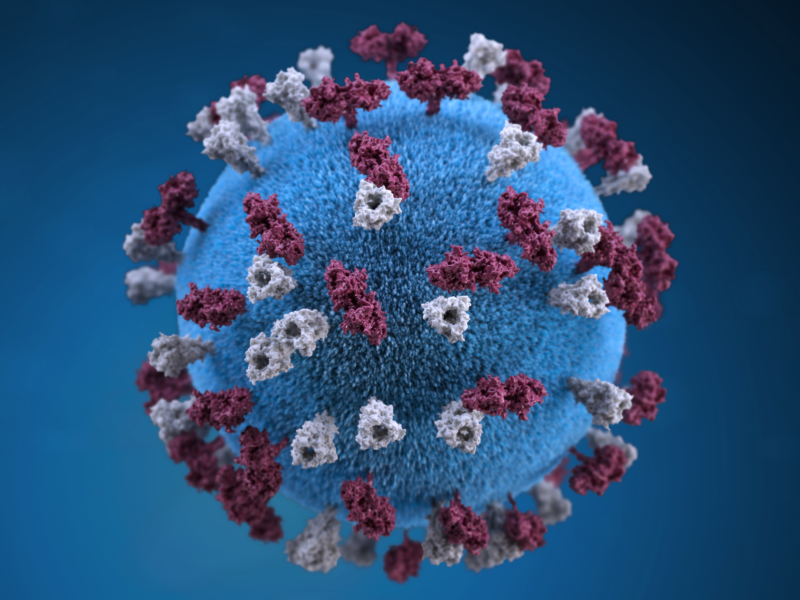France’s Pasteur Institute has confirmed the first case of novel coronavirus (NCoV) in France. The 65 year-old man, who remains unnamed, was first hospitalized in Valenciennes in April, and has since been transferred to intensive care in Douai, France.
Three more people, a patient and a doctor from the hospital in Valenciennes have fallen ill, and a nurse who treated him in Douai is also reported as “sick.” These three cases remain suspect and French officials will report laboratory analyses when they are available.
Since last September, there have been 33 cases of NCoV worldwide, and 18 have died. Most of the cases have been clustered in the Middle East, with 25 in Saudi Arabia, two in Jordan, two in Qatar, one in the United Arab Emirates and two in Britain. The French patient had recently traveled to the United Arab Emirates.
There are five coronaviruses that infect humans, and among them are the somewhat benign common cold and more lethal SARS virus. These viruses typically cause respiratory infections that can range in severity. There is no specific treatment for infection with a coronavirus, and most people recover on their own. Elderly people and people with a weakened immune systems are, however, more at risk for complications from a coronavirus.
Some experts believe that the NCoV is not nearly as contagious as SARS. So far, the mode of transmission has not been identified. The recently discovered cluster of cases in Saudi Arabia lead experts to believe, as stated in interviews with Canadian reporter Helen Branswell, that there is either a point-source (meaning a common source that all patients had contact with) or person-to-person transmission. Branswell writes that bats are being considered as a source, as they have been a source for many coronaviruses, but we still don’t know how the virus is getting from bats (if it did indeed originate there) to humans.
NCoV does appear to be more deadly than SARS. Less than one in ten people infected with SARS died compared with over half of NCoV patients.
The U.S. CDC recommended that people who travel to the Arabian Peninsula visit a doctor right away if they experience respiratory symptoms. Patients should tell their doctors about their travel.

